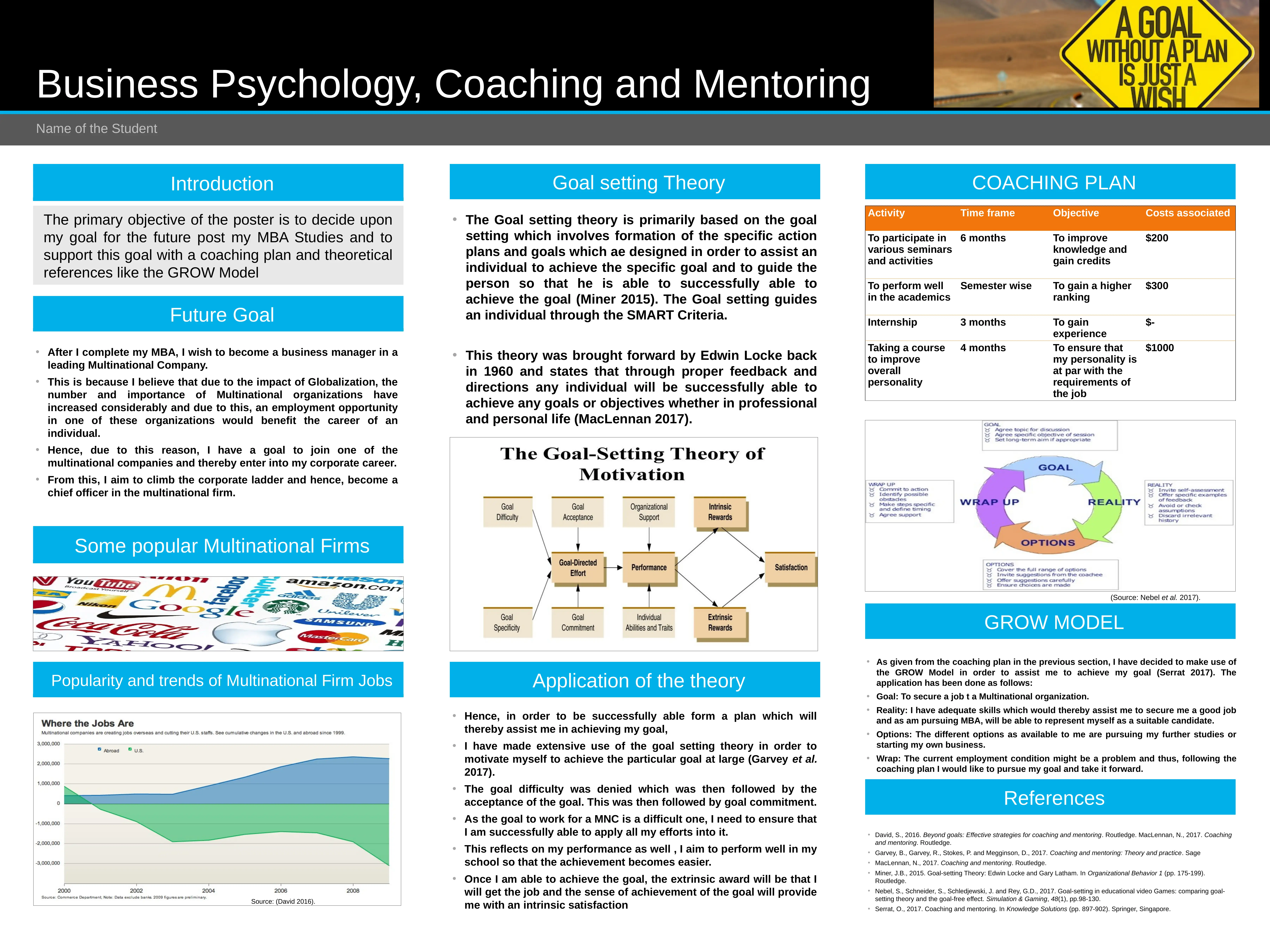Goal Setting Theory and Coaching Plan for Future Career in Multinational Companies
VerifiedAdded on 2023/06/06
|1
|864
|297
AI Summary
The poster discusses the Goal Setting Theory and Coaching Plan for Future Career in Multinational Companies. It talks about the GROW Model and popular Multinational Firms. It also provides references and insights.
Contribute Materials
Your contribution can guide someone’s learning journey. Share your
documents today.
1 out of 1







![[object Object]](/_next/static/media/star-bottom.7253800d.svg)